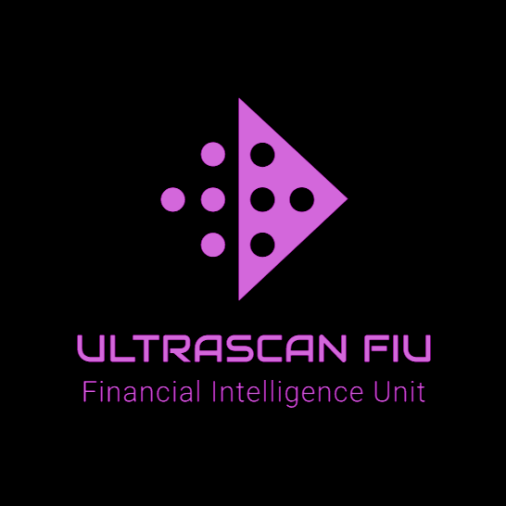
Ultrascan AGI / In news
419: Fraudsters Develop New Tricks
Daily Independent NG online - Despite what may be an obvious weakness of Nigeria's anti-graft agency, the Economic and Financial Crimes Commission (EFCC), watchers of the commission, both local and international, have come to agree that the body has been able to instill discipline in our banking system in the little span of time it existed.


